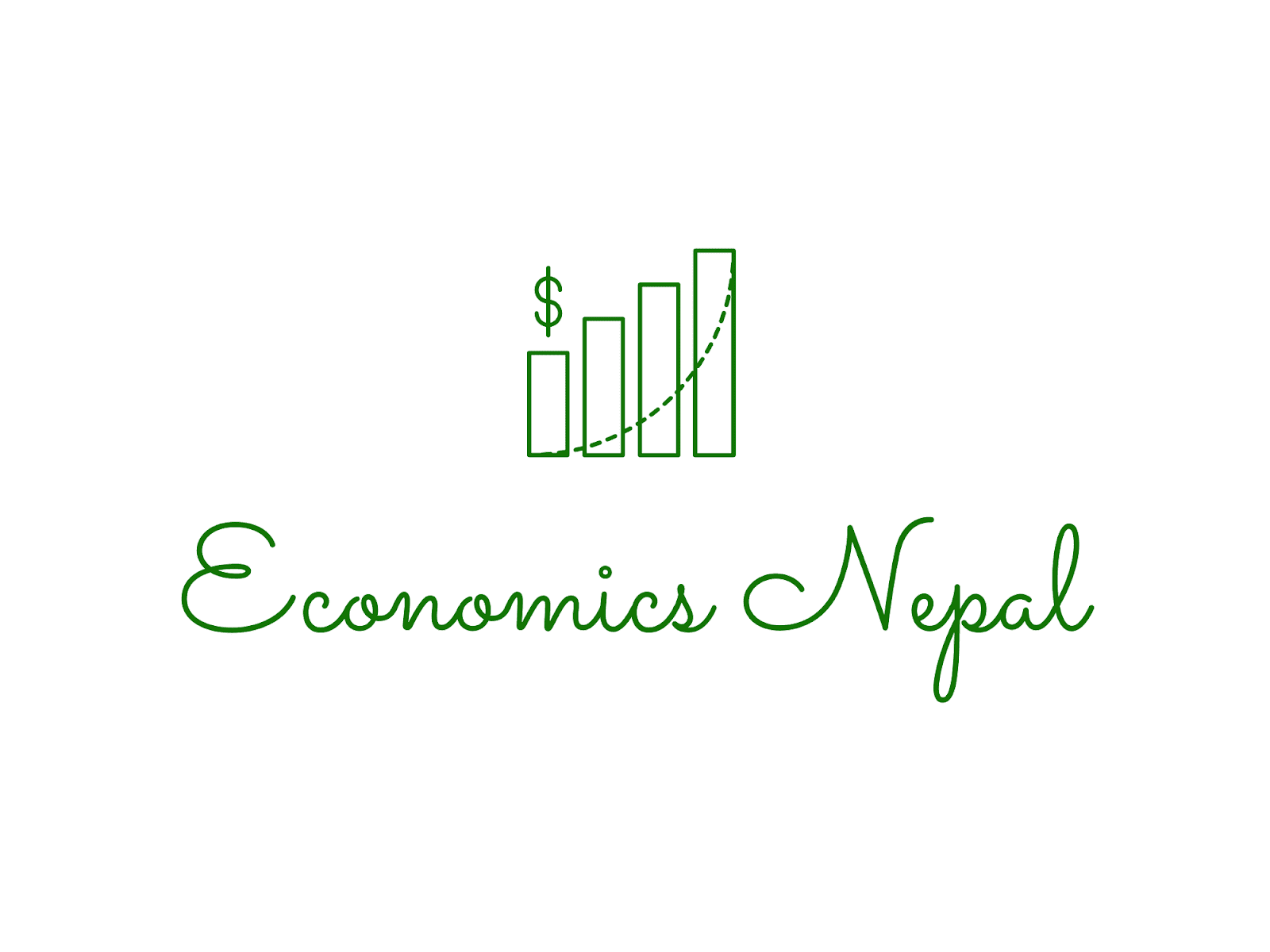Nepal Budget 2025/26: Fueling Economic Growth and Structural Reforms
By Economics Nepal ·

**Kathmandu, Nepal** - Nepal Unveils NPR 1.96 Trillion Budget for Fiscal Year 2025/26, Targeting 6% Growth
The Government of Nepal has presented a budget of NPR 1.964 trillion for the fiscal year 2025/26 (2082/83), aiming to revitalize the economy and accelerate development. Unveiled by Finance Minister Bishnu Prasad Paudel, the budget focuses on expanding economic activities, creating employment opportunities, and advancing structural reforms to build a prosperous nation. The government has projected an economic growth rate of 6% and aims to keep inflation at 5.5% for the upcoming fiscal year.
The budget prioritizes enhancing entrepreneurship, production, and productivity; investing in quality infrastructure; improving the social sector; ensuring balanced development; and promoting governance reform.
## Economic Overview and Outlook
The budget was formulated against a backdrop of improving economic indicators. The economic growth rate is projected to be 4.6% in the current fiscal year, up from 3.7% last year. Consumer inflation has been contained at 3.4% as of Chaitra (mid-April), and foreign exchange reserves have swelled to USD 17.63 billion. However, the government acknowledges persistent structural challenges, including low agricultural productivity, an underperforming industrial sector, a high trade deficit, and the need to improve public administration and governance.
To counter these challenges, the government has committed to creating an investment-friendly environment, boosting private sector morale, and implementing the recommendations of the High-Level Economic Reform Recommendation Commission, 2081.
## Key Sectoral Allocations and Programs
**Total Budget Allocation:** NPR 1.964 trillion
* **Recurrent Expenditure:** NPR 1.180 trillion (60.1%)
* **Capital Expenditure:** NPR 407.89 billion (20.8%)
* **Financial Management:** NPR 375.24 billion (19.1%)
**Revenue and Financing:**
* **Revenue Target:** NPR 1.315 trillion
* **Foreign Grants:** NPR 53.45 billion
* **Foreign Loans:** NPR 233.66 billion
* **Internal Loans:** NPR 362 billion
### Agriculture: Modernization and Self-Sufficiency
A substantial allocation of **NPR 57.48 billion** has been made to the Ministry of Agriculture and Livestock Development to commercialize and mechanize the sector.
* **Fertilizer Subsidy:** NPR 28.82 billion has been allocated to ensure the supply of 600,000 metric tons of chemical fertilizers.
* **Self-Sufficiency in Rice:** A two-year program to promote Chaite paddy cultivation in 22 districts aims to produce an additional 1.2 million metric tons of paddy.
* **Crop and Livestock Insurance:** NPR 2.30 billion is allocated for premium subsidies to expand access for small and medium farmers.
### Infrastructure: Driving Connectivity and Development
The Ministry of Physical Infrastructure and Transport has been allocated **NPR 152 billion** to expand sustainable and safe road networks.
* **Kathmandu-Terai Madhesh Expressway:** NPR 24.49 billion is allocated to complete the project by the fiscal year 2083/84.
* **East-West Highway Upgradation:** A significant NPR 21.19 billion has been designated for upgrading various sections to four lanes.
* **Tunnel Roads:** The budget prioritizes tunnel technology, with NPR 2.60 billion allocated to complete the Nagdhunga and Siddhababa tunnel roads.
### Energy: Powering the Nation
With an allocation of **NPR 86.01 billion** for the Ministry of Energy, Water Resources, and Irrigation, the focus is on increasing energy production and consumption.
* **New Power Generation:** An additional 942 MW is expected to be added to the national grid, bringing the total installed capacity to 4,800 MW.
* **Reservoir Projects:** The Dudhkoshi, Budhigandaki, and Upper Arun projects are prioritized, with plans to advance their construction.
* **Clean Energy:** The budget promotes electric stoves and will initiate a pilot project for complete household electrical wiring in seven cities.
### Tourism and Aviation: Rebuilding and Branding
The Ministry of Culture, Tourism, and Civil Aviation received **NPR 13.28 billion** to brand Nepal as a safe and attractive destination.
* **Airport Development:** NPR 4.15 billion is allocated for the expansion of Tribhuvan International Airport, and Pokhara International Airport will be developed as a tourism hub. Special concessions will be provided to operate cargo services from Gautam Buddha International Airport.
* **Incentives for Tourism Sector:** Hotels and resorts will receive income tax and electricity tariff exemptions similar to productive industries.
### Health and Education: Investing in Human Capital
* **Ministry of Health and Population:** Allocated **NPR 95.81 billion** with a focus on providing free basic health services and expanding specialized care. The health insurance program will be restructured with a budget of NPR 10 billion.
* **Ministry of Education, Science and Technology:** Allocated **NPR 2.11 trillion** to develop capable and productive human capital. The midday meal program has been enhanced with a budget of NPR 10.19 billion, benefiting 2.8 million students.
## Fiscal and Governance Reforms
* **Austerity Measures:** Foreign visits by officials will be restricted, and a committee will be formed to review and standardize the salaries and benefits of officials in state-funded institutions.
* **Private Sector Promotion:** The government will implement legal reforms through ordinances to boost private sector morale. The monthly rent for Special Economic Zones will be significantly reduced from NPR 20 to NPR 5 per square meter.
* **Tax Policy:** The budget includes provisions to encourage information technology and startup businesses, with IT-based industries receiving tax exemptions similar to special industries and startups being exempt from income tax for five years on turnover up to one billion rupees.
The budget for 2025/26 reflects the government's ambition to navigate economic challenges through strategic investments in key sectors, fostering a business-friendly environment, and undertaking crucial reforms to ensure sustainable and inclusive growth.
Share this article:
Published by Economics Nepal
© 2024 All rights reserved
